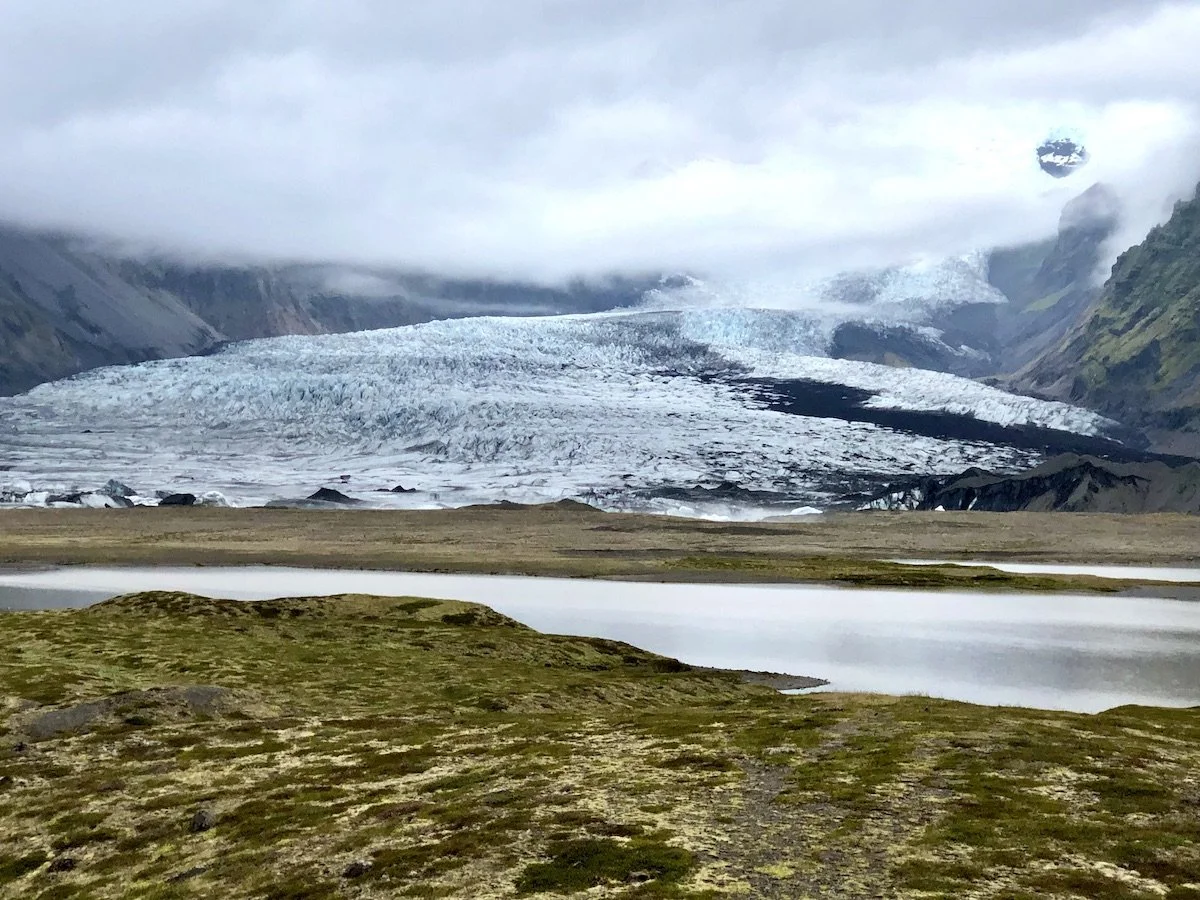Unheard Of
“While a picture may indeed be worth a thousand words, a natural soundscape is worth a thousand pictures.”
In California, recent rains have rewritten the landscape. Pages of green tell an exuberant story. Dormant seeds and rain-starved roots have authored a collected works now waiting to be read by humans. These leafy texts remind us how quickly the Natural World can be restored, how quickly Nature responds to nourishment. Can our relationship with Earth and specifically, with water, be repaired as quickly? Will it blossom with a flood of loving attention?
Water is the essence of who we are, the essence of Life. Yet, more than ninety percent of all water that flows on Earth has been diverted by humans, held captive by dams for human use. Most of it is soaked up by agriculture, the rest for industry and direct consumption.
Dams act like a torniquet on river arteries, causing sediment starvation and suffocation of the ocean. River deltas have been remade. River mouths run dry. Straightened rivers become cut off from their floodplains: lateral flow ceases and underground food webs desiccate. Water is in agony and, therefore, so are we.
The water we don't think about is ice. Its dilemma is abstract, confined to the occasional headline or internet search. For me, the question of how to connect with ice has been a longtime companion. Yesterday's headlines brought an unexpected understanding: we can connect with ice through music and song.
It turns out that melting ice makes music. It pops and hums, whistles and screeches, in odes that express its many forms and, now, its disintegration. I heard it in an article in yesterday's New York Times on the Poignant Music of Melting Ice. Listening to the concert changed me: I felt the dilemma of ice because I heard its soaring cries. Though I've heard ice recordings before, I was stunned by the eloquence of the selections of air bubbles, blizzards, crevasses, and glaciers. Sound is palpable proof of aliveness. Wisdom. Agency. Funny how music rewires us to make the abstract immediate.
Relationship suspends doubt, even in silence. I share my house with spiders. They dine on the sow bugs that mysteriously appear indoors, crawling to baseboards and corners where spiders await. When I moved in, I told the spiders I would not harm them. In exchange, I requested they stay out of my bed and off my body. The agreement has held for many years. This winter, they began to leave their buffet corners and venture out into the middle of the room. After years of careful hiding, it was odd to suddenly see them. I told them that I understood their decision to reveal themselves as a request to live outside. One by one, I took them to the juicy, bug-filled hedge. They continued to show themselves until all had been relocated. After a few days, new spiders appeared. Maybe it was a test. Maybe it was a cycle.
Last week, while visiting my cousin in L.A., I noticed a large spider scampering up the arm of a recliner where another cousin sat wrapped in a blanket. It looked like an imminent collision that might not go well for either of them, so I brushed the spider onto the floor. As it took a few steps toward a cabinet where it might find protection, I told it to please stop and wait while I grabbed a cup to put it outside. It halted mid-floor and patiently stayed there. Once outside in the patio, it hopped into the planter. I thanked it and wished it well.
This pairing of revival and connection, of music and heart, invites wonder and so many questions. In the afterglow of listening spiders and singing ice, I began to consider whether the restoration of relationship might be as simple and instantaneous as blossoming after rain, if somehow a conversation with a handful of spiders here gets communicated to spiders elsewhere, and if the sincerity of the invitation to connect can be felt and relied on. I think so. I know so.
Fifteen years ago, in a conversation with elephants in Botswana, we told them that, in Liberia, elephants are understood as bringers of peace. We asked them to tell the Liberian elephants that, though the civil war there had ended, things were still precarious. From Botswana we traveled to Liberia, where we made offerings in villages at the edges of forests where elephants lived. Two months later, the inexplicable sauntered right in: elephants appeared in exactly those villages. People reported that when the elephants were there, no one was harmed. Poisonous insects and snakes stayed away. Muslim elders went into the forest and read certain passages aloud from the Koran, affirming their peaceful alliance. Diviners and healers made offerings of rice dust and honey - offerings specific to elephants.
What might happen if we sing to the ice from wherever we are, offering poetry and heart as we raise our cry of lament all the way to Earth's coldest edges? What might happen if we listen and sing to ice, and not just to ice but with it? It's an expanded take on the Mennonite concept of accompaniment in peacebuilding, which understands the immense comfort of being with. By offering solace to ice we can soothe our aching selves.
Pundits and experts will continue to scratch their heads; politicians will raise the alarm or ignore it, unable to agree on how to respond to the data of calamity. In the meantime, we can take our rightful place in the orchestra. We can make offerings to elephants and have conversations with spiders. We can sing and harmonize with ice.
